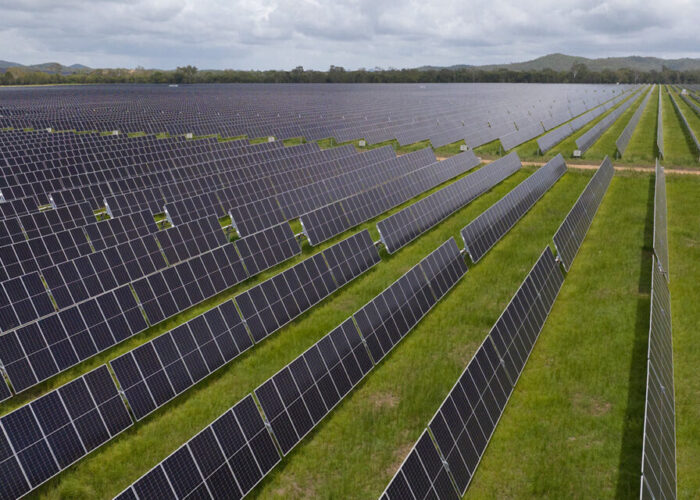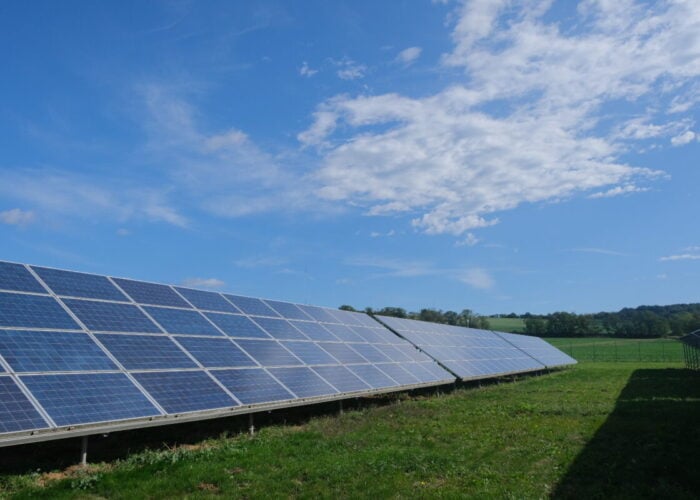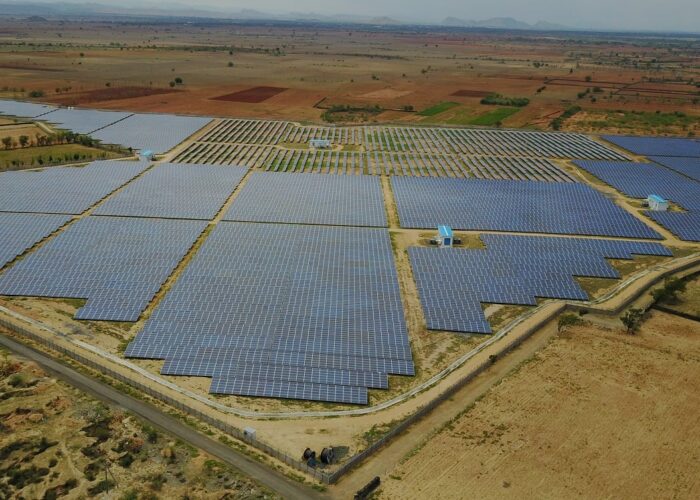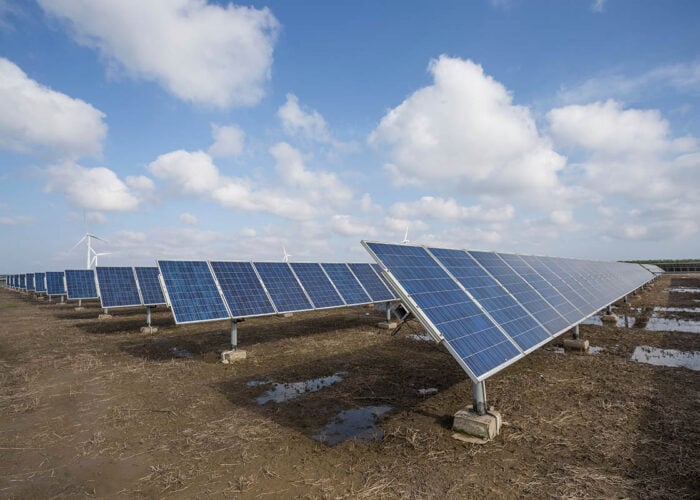The Japanese government has confirmed that it will review the current feed-in tariff programme for solar and wind, due in part to fears over lack of available grid connection and a bottleneck of large-scale projects.
Kazuya Aoyama, a spokesman for the renewable energy division of Japan’s Ministry of Economy, Trade and Industry (METI) confirmed to PV Tech that Japanese newspaper Yomiuri was correct in reporting that the feed-in tariff (FiT) mechanism will be under review at the end of the year. Aoyama also told PV Tech that METI will form a working group to discuss, and hopefully combat, the nation’s problems with grid connections for solar and wind projects. The decisions had been made at a meeting on renewable energy held at the ministry on 30 September, Aoyama said by telephone.
Unlock unlimited access for 12 whole months of distinctive global analysis
Photovoltaics International is now included.
- Regular insight and analysis of the industry’s biggest developments
- In-depth interviews with the industry’s leading figures
- Unlimited digital access to the PV Tech Power journal catalogue
- Unlimited digital access to the Photovoltaics International journal catalogue
- Access to more than 1,000 technical papers
- Discounts on Solar Media’s portfolio of events, in-person and virtual
Yomiuri reported that METI was considering changing rules so that developers and facility owners would only receive the FiT at the rate applicable when projects are connected to the grid. At present, completed projects are paid the FiT rate in place when plans are approved. This has lead to the widely publicised claim that some developers could be delaying the start of projects to ensure system prices fall before going ahead with construction to maximise profits. It is thought, however that the actual number of such projects is fairly small, with most other projects delayed for other reasons such as the difficulty of obtaining grid connection. The story that led to the recent cancellation of almost 10% of 2012’s approved projects has been reported extensively by PV Tech.
Aoyama said this aspect of the Yomiuri report was not strictly correct. He denied that any specific rule changes were already being considered and said that as the decision to make an end-of-year review of the FiT policy had only been taken a day previously, nothing else had been decided yet. Aoyama said it was likely newspapers had spoken to sources including electric utility companies and drawn inferences from a range of views.
METI's Aoyama also said the ministry will convene a working group of experts and industry observers to examine the problems of grid connection and grid capacity, which are responsible to a large extent for Japan’s woes in trying to get renewable energy projects completed.
The difficulties faced by utility companies and project developers alike in obtaining grid connection in an island country which hosts 10 separate grid systems, each owned and maintained by a utility company which holds a regional monopoly, have been well publicised. One of the regional utilities, Kyushu Electric Company, on the southern island of Kyushu, has recently stopped allowing new projects to be connected, although it did say it would keep accepting applications in anticipation of the problems being resolved. Other utilities in areas including the islands of Hokkaido, Shikoku and Okinawa as well as the mainland region of Tohoku were facing or were about to face similar difficulties, Aoyama said.
The group set up to combat Japan’s connection problems will operate separately to the working group responsible for setting the FiT at the end of each Japanese financial year. The new group will look more into the process of improving the approval and connection process than in setting the FiT price, according to Kazuya Aoyama. METI recently denied rumours that a decision to cut FiTs drastically has already been taken ahead of the end of Japan's financial year in March.
This new working group would meet around three or four times a year and would include experts as well as a representative cross-section of stakeholders, such as utility companies, renewable energy developers and battery storage companies. The first meeting of the group is expected to be held in mid-October, Aoyama said.






